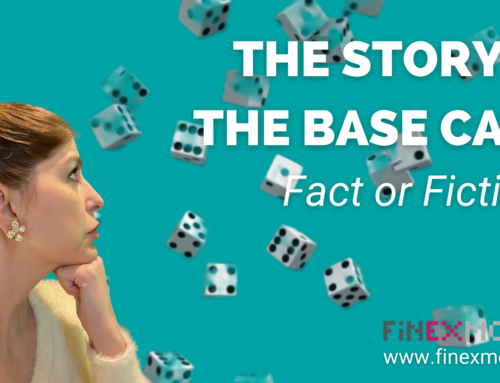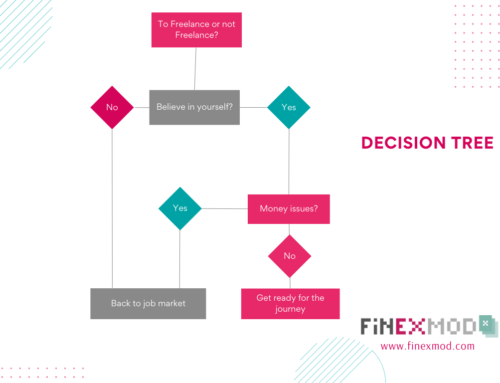What type of financial modeler are you?
Tell me how you build your models and I will tell you who you are…
This personality test tells you what type of financial modeler you are and the purpose is to have fun and maybe learn one thing or two in between the lines…
1. Which one of these statements describes you better: Before starting my work on Excel:
A. I put together the general lay-out of the model and define my color codes
B. I directly go to Excel and improvise
C. Every detail needs to be designed. I create a detailed design lay-out of the model structure and individual worksheets
2. When building the inputs and assumptions:
A. I separate inputs by their respective categories in a separate worksheet and use unique color codes to identify “Input” sheets and “Inputs” cells.
B. I put important inputs next to my calculations and I hard-code other assumptions within formulas.
C. I like to devote separate sheets for different categories of inputs and reflect as much details as possible.
3. Regarding Macros:
A. I try to avoid macros where there are other alternatives like algebraic solutions but when necessary I create simple macros and put explanations for users.
B. I try to avoid macros. Even if I have a circular reference in the model, I don’t mind working with an iterative model.
C. Excel is prone to errors, I try to automate all tasks in my financial model by using macros and provide limited flexibility to users to change things.
4. How do you make sure of the quality of the inputs that goes into your financial models?
A. I go over all project documents, cross check assumptions with technical, fiscal and legal advisors
B. I extract information from the project presentation or information memorandum and reliable sources on the internet
C. I am expert in one industry and in a specific region. I have enough expertise to analyse assumptions or make my own estimations.
5. How do you make sure that your model is error free?
A. I build error checks. I do different rounds of sanity checks
B. I avoid complex formulas and keep it simple to minimize errors
C. I don’t trust human work and prefer to use multiple auditing tools to check my models.
6. Do you trust your base case assumptions and projections?
A. Predicting the future is almost impossible. I include different sensitivities and scenario analysis
B. Yes. The base case is representative of the best case or most probable case.
C. I attach probability distributions to key model parameters and conduct Monte Carlo simulations to assess the probability of achieving different results
7. Do you believe in using templates when building financial models?
A. Yes/No. No because every project is unique. Yes because I use a template for modules like flags and counters, timeline, sensitivities but not for all components of the model
B. Yes, I always start with a template and where necessary I make minor changes
C. Yes, I build so much flexibility that my template model can fit any project.
Results of Your Personality Quiz
If you have more As: You are structured : You are a well trained financial modeller. You follow the best financial modelling practices and you always think about the end user while building your models. Keep up the good work but sometimes also try to go crazy and think out of the box :)
If you have more Bs: You are Lazy: You seem lazy :) but this is actually a good quality for a financial modeller. If you combine laziness with passion, you can come up with efficient and creative solutions to get things done efficiently.
If you have more Cs: Complex: Are you from an engineering background? Or maybe a coder? In any case you are well suited for dealing with financial models. Remember that it might be easy for you to maintain your complex models but if you win the lottery tomorrow and someone has to take over your work, it will not be an easy job to inherit your work! You just need to break things down a bit and prioritize simplicity over flexibility.


